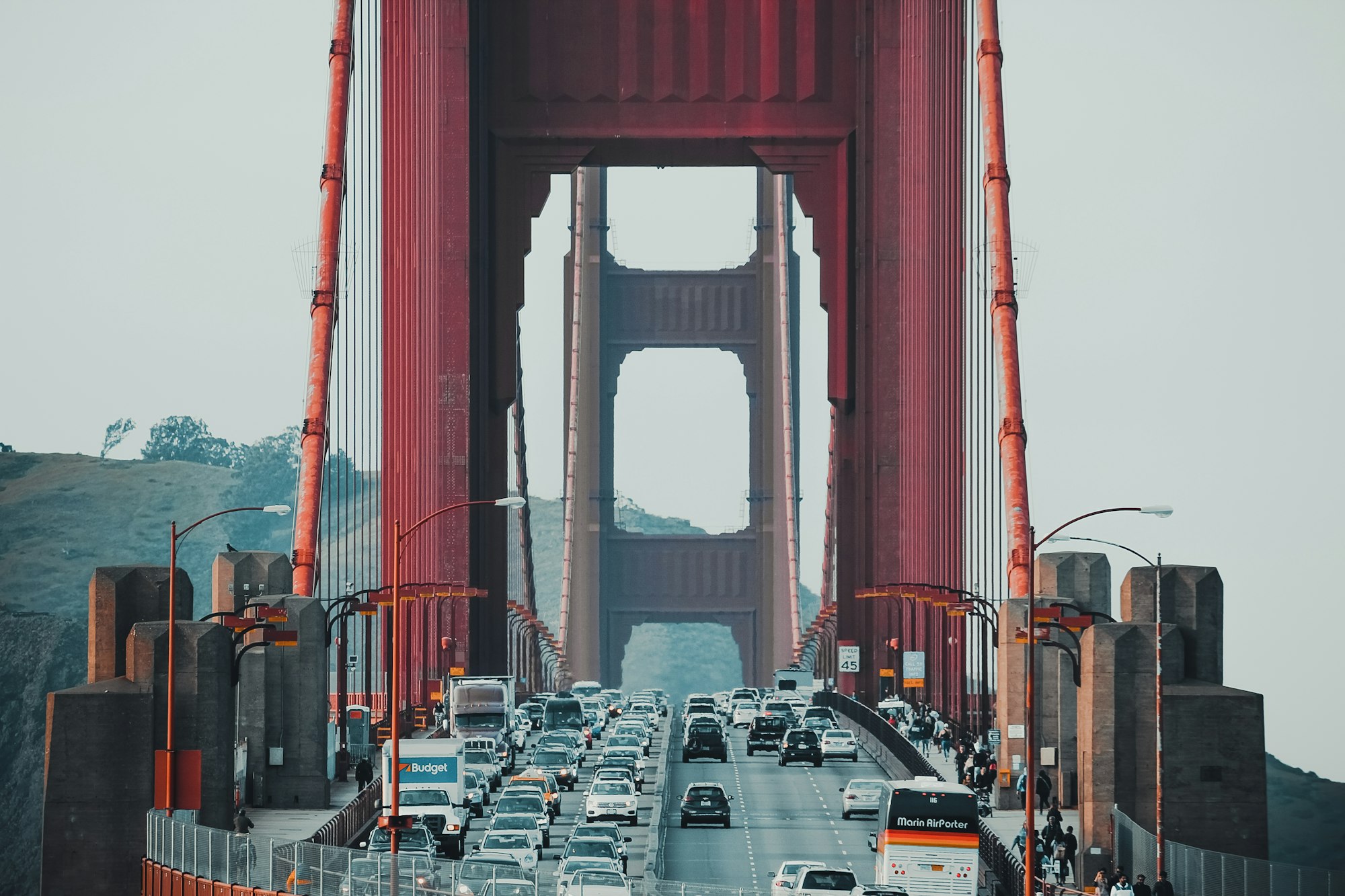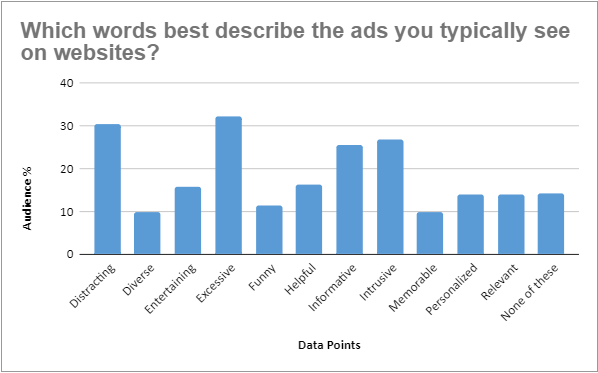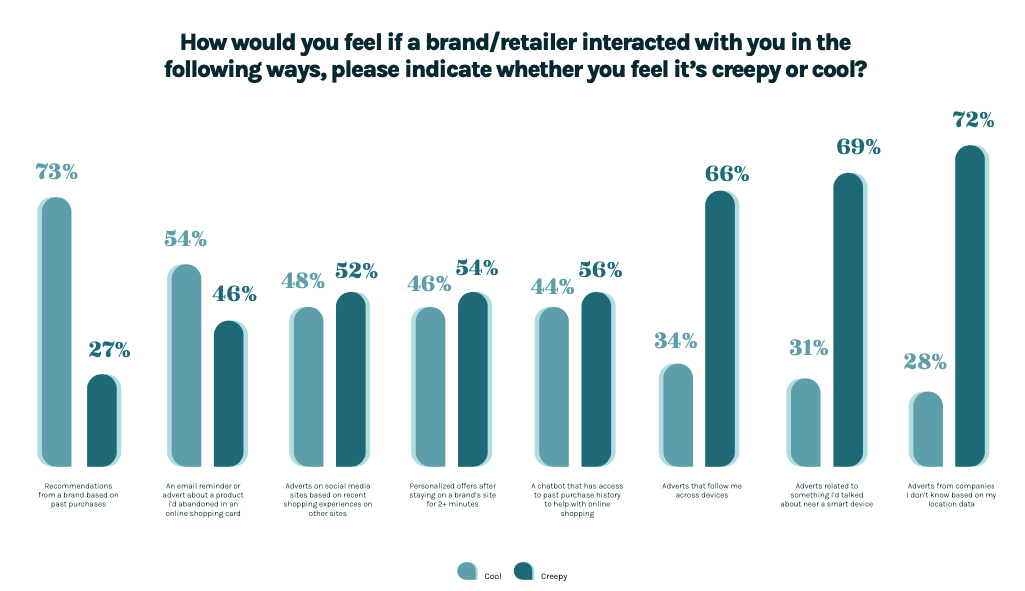The 6.5% Economy, 'Excessive' Ads, Localization Creeps Us Out

Economy Poised for Comeback but for Whom?
The US Federal Reserve is projecting white-hot economic growth in 2021: 6.5%. As vaccinations roll out demand is ramping up; people want their lives back. Among the hardest hit sectors, travel and hospitality may see a faster recovery than expected. Airport traffic is rebounding, restaurant visits are trending upward. Travel ad spending is also rising according to MediaRadar. But when COVID is "over" later this year, the retail landscape will be different with new consumer profiles that may need distinct marketing approaches. Some people may stay away and not return to former patterns, making the recovery uneven.
Our take:
- The economy does appear poised for uneven growth; COVID retail spending benefitted a few large brands, while others struggled.
- Big tech companies are best positioned, with large user bases, massive resources and ad spending consolidation. The rich are getting richer.
- Privacy regulations and related measures will have the unintended consequence of exacerbating this bifurcated digital economy.
Danger for Brands: Too Many Ads
Consumers are ambivalent about ads. They appreciate ad-supported content but feel the "ad load" is often "excessive." That's according to research from GWI and WARC. Perhaps their most interesting survey finding is: "excessive ads are more likely to negatively impact consumers’ view of a brand than ads next to inappropriate content and irrelevant ads." Companies have been laser-focused on brand safety. That appears less of a concern than too many ads. A majority (52%) said excessive ad exposure impacts brand perception. Yet people are still responding to ads: 29% conducted research after seeing an ad, 25% clicked and 15% bought something because of an ad in the past week.

Our take:
- Surveys and behavior are often two different things. But the study claims that the pandemic timeframe has made people less tolerant of ads.
- The flight to digital during COVID is partly responsible for the "excessive ads" problem. It's worse in mobile (think: recipe sites on a smartphone).
- Will digital-ads ROI go down? Unclear/probably. Privacy and costs will put emphasis on organic, email and novel ad channels.
Location Enables Personalization but Creeps Us Out
Received wisdom argues digital shoppers want increasing "personalization." Surveys show the desire for product recommendations based on purchase history. But it's hard to get personalization right. Localization has been one relatively straightforward and high-level way to deliver a more personalized experience across domains. Yet recent data from Cheetah Digital and Econsultancy show the majority of consumers (72%) don't want ads based on their location or location histories. Location data has become a "cookie for the real world" and way to personalize ads. But instead of forced personalization, consumers will trade data to brands for deals, service, perks.

Our take:
- This is yet another instance of the "privacy vs. personalization" debate. The resolution of the seeming contradiction is consent and transparency.
- All roads lead to development of first-party data and trusted brand relationships.
- It's will be challenging for most brands to make the shift required to succeed in this new trust-centric marketing environment.
Short Takes
- Your car is tracking you; governments want that data.
- Mark Zuckerberg wakes up: Facebook will be a winner under iOS 14.5.
- DOJ asking: Will Google Chrome cookie ban hurt smaller rivals?
- Snap buys Fit Analytics (sizing recs.) for next-gen online shopping.
- Amazon pays a reported $11 billion for Thursday Night NFL games.
- Apple yields to Russia but tells Chinese not to cheat on tracking.
- Aiming to be all-in-one platform, Yotpo raises (another) big round.
- Mozilla to FCC: Reinstate Net Neutrality (just happened in CA).
- Grocery delivery to stay but delivery apps won't make money on it.

Please let us know what you think. Email gsterling@nearmedia.co with suggestions and recommendations.

